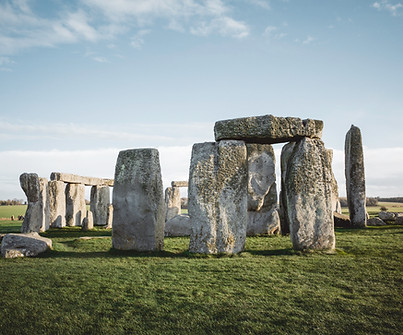
PROGRAMS
Survivor Voices: Exploring Ethical Artistic Work by Survivors of Human Trafficking in the East Midlands
University of Nottingham’s Rights Lab

Background
WFI and the University of Nottingham’s Rights Lab draw on the stories and imagery generated in the ‘Survivors’ Voices, Stories, and Images’ project. This project explores UK community responses to the artistic materials generated in Kenya and applies this creative method with a local survivor community in the East Midlands, UK. The project explores the value of ethical and participatory methods of artistic expression for survivors of human trafficking, and how this influences the ways in which audiences perceive both the artistic works themselves, and the issue of human trafficking.
The issue of human trafficking is a worldwide crisis, and one that the global community has committed to end by 2030 as part of the Sustainable Development Goals. Understanding of the impact on survivors, however, remains limited, and survivors are often marginalized and stigmatized in their own communities. The principle aim of our research, from which we are building this plan for further activity, has been to amplify the voices of survivors in their own communities and in the wider world. This focused on overcoming marginalization through education and a greater understanding of the experiences of people who have survived human trafficking. We have also focused on building confidence and capacity among survivors, showing them that people were interested in their stories, and supporting their recovery through engaging with art and arts-based methods. Our existing project has generated an exciting range of opportunities for further research and engagement.
In October 2019, researchers from the University of Nottingham’s Rights Lab and from Against Human Trafficking Kenya (HAART) came together with Kenyan experts in storytelling and participatory photography, and with international NGO World Reader to begin a project working with survivors of human trafficking in Kenya—‘Survivors’ Voices, Stories, and Images.’ Our primary aim was to: empower and amplify survivor voices in their own communities through the techniques of ethical story-telling and participatory photography; increase understanding of the experience of survivors of human trafficking and the on-going problems they faced after being trafficked; and to amplify these voices and experiences internationally. Our secondary aim was to chart the impact of our work, evidence how ethical use of arts and humanities methods such as storytelling and participatory photography can generate impact among non-survivors, and add evidence to an on-going conversation over ethical practices in research and development policy and practice.
Deliverables & Impact
This project draws on the stories and imagery generated in the ‘Survivors’ Voices, Stories, and Images’ project, exploring the UK’s community responses to the artistic materials generated in Kenya, and applying this creative method with a local survivor community in the East Midlands. The project therefore explores the value of ethical and participatory methods of artistic expression for survivors of human trafficking, and how this influences the ways in which audiences perceive both the artistic works themselves, and the issue of human trafficking. In doing this, the project answers the following core questions:
-
How do ethical and participatory methods change the nature of artistic material produced on the topic of human trafficking?
-
What is the impact of ethically produced artistic material on audience understandings of human trafficking?
-
In what ways can ethically produced artistic materials be used to improve understanding of survivors’ experiences?




